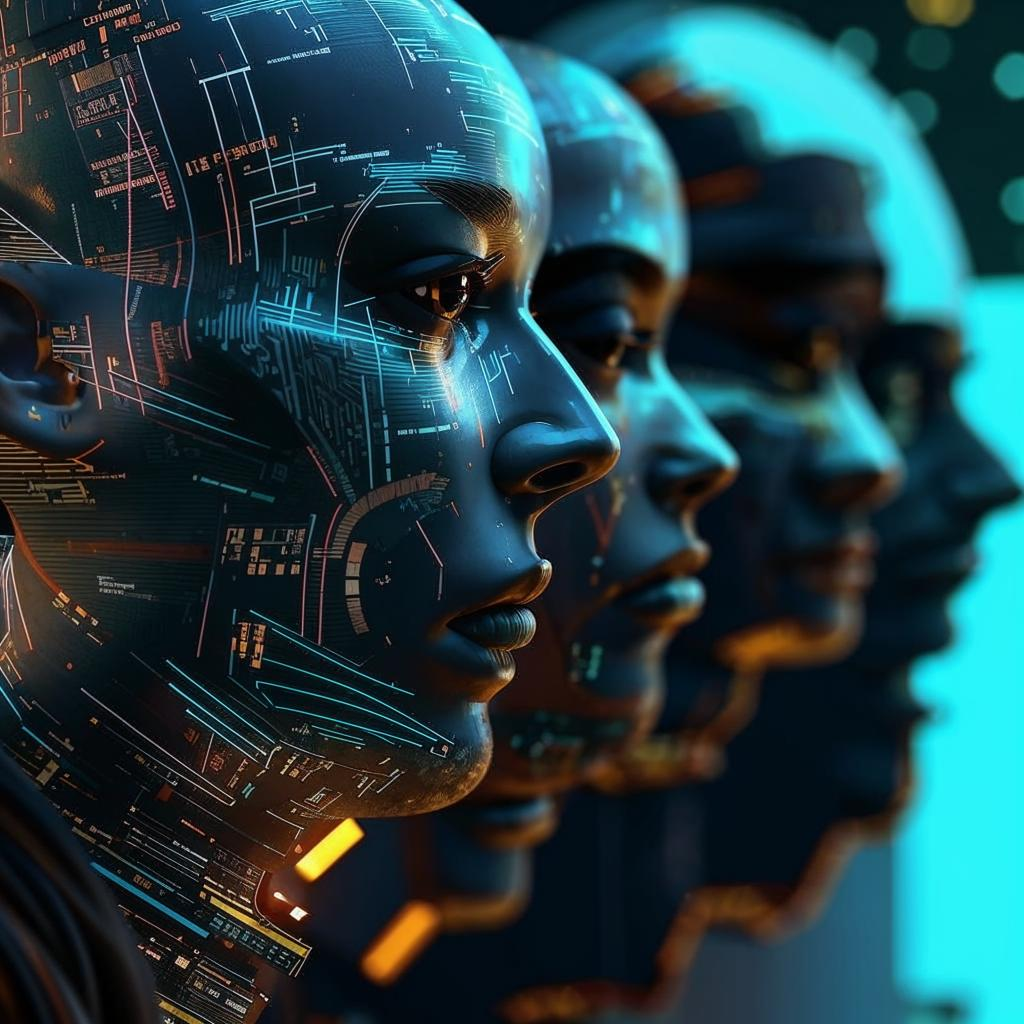AI’s Ethical Challenges: Bias, Privacy, Accountability.
Artificial intelligence revolutionizes industries, raising key ethical issues. Biased algorithms amplify inequalities in loan applications, hiring, and justice. AI systems collect vast personal data, threatening privacy. Opaque algorithms create accountability concerns. Experts advocate for regulation, ethical guidelines, bias reduction, and transparency. Responsible AI development is crucial for the future. The rapid advancement of AI presents significant ethical dilemmas that demand careful consideration. AI algorithms, trained on potentially flawed datasets, can perpetuate societal biases, leading to unfair outcomes in various sectors. For example, facial recognition systems have demonstrated inaccuracies in identifying individuals from marginalized communities. Moreover, the extensive collection and analysis of personal data by AI systems raise serious privacy concerns. Without proper safeguards, this data could be misused or exploited, compromising individual autonomy and dignity. The lack of transparency in many AI algorithms further exacerbates these ethical challenges. When decision-making processes are opaque, it becomes difficult to identify and address potential biases or errors. This lack of accountability can erode public trust in AI systems and hinder their widespread adoption. Addressing these ethical concerns requires a multi-faceted approach. This includes developing robust ethical guidelines, implementing stricter regulations, and promoting transparency in AI development and deployment. It also involves investing in research to identify and mitigate biases in data and algorithms. By prioritizing ethical considerations, we can ensure that AI benefits society as a whole, rather than exacerbating existing inequalities or creating new forms of injustice.















